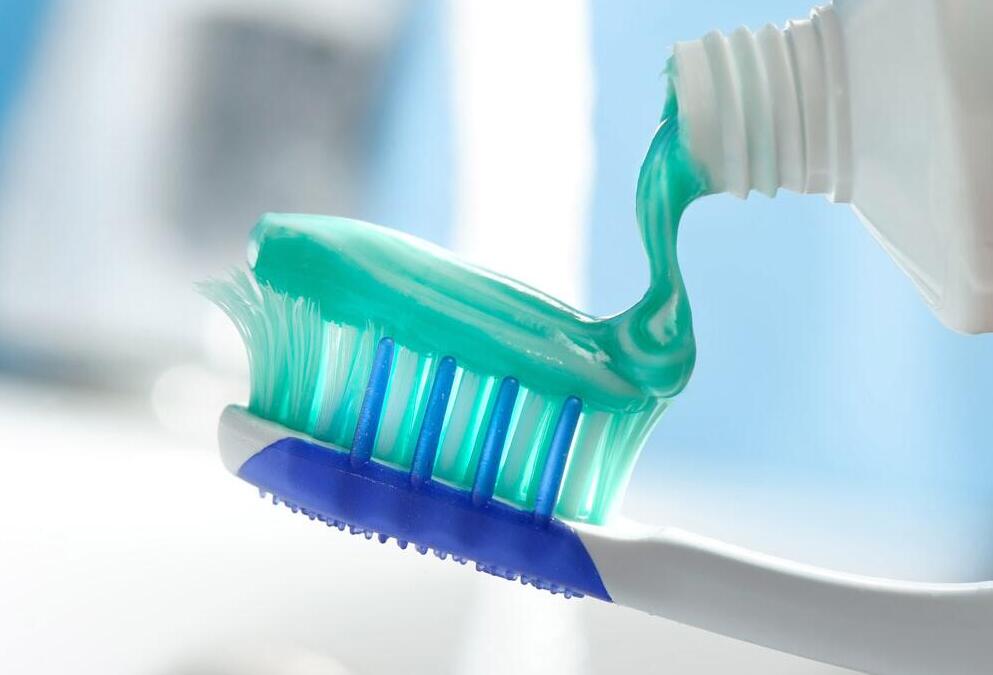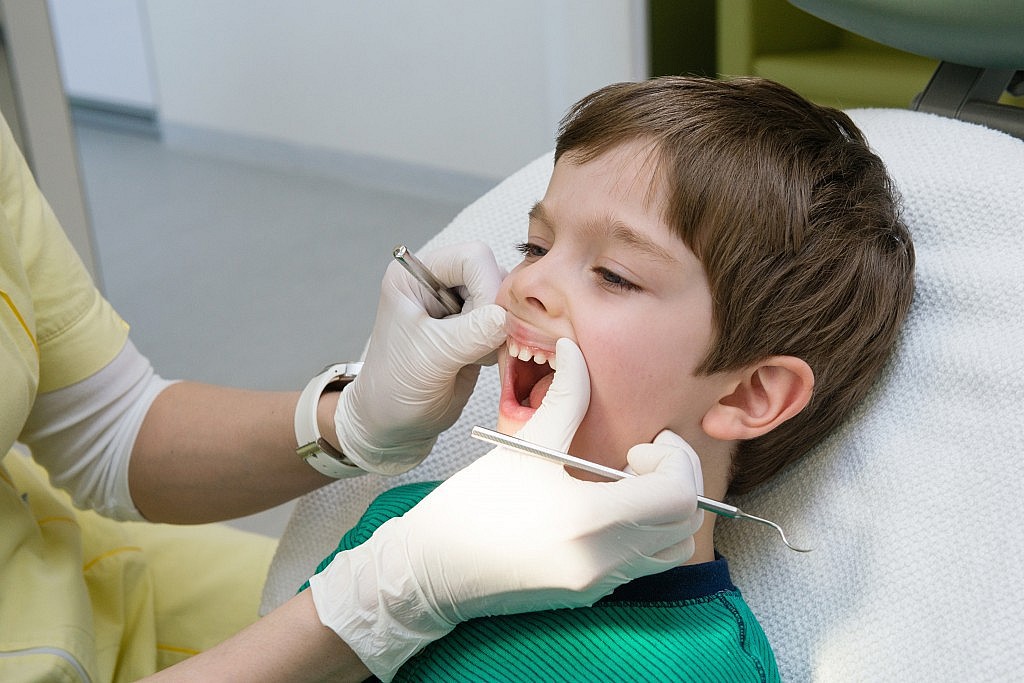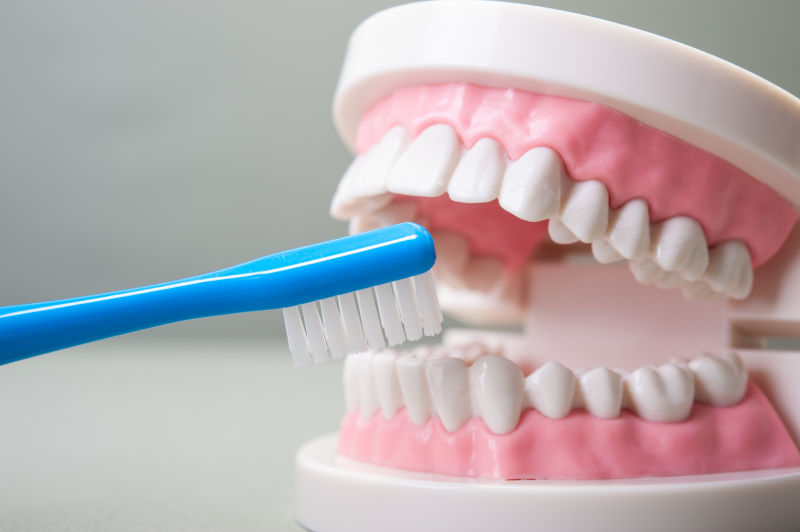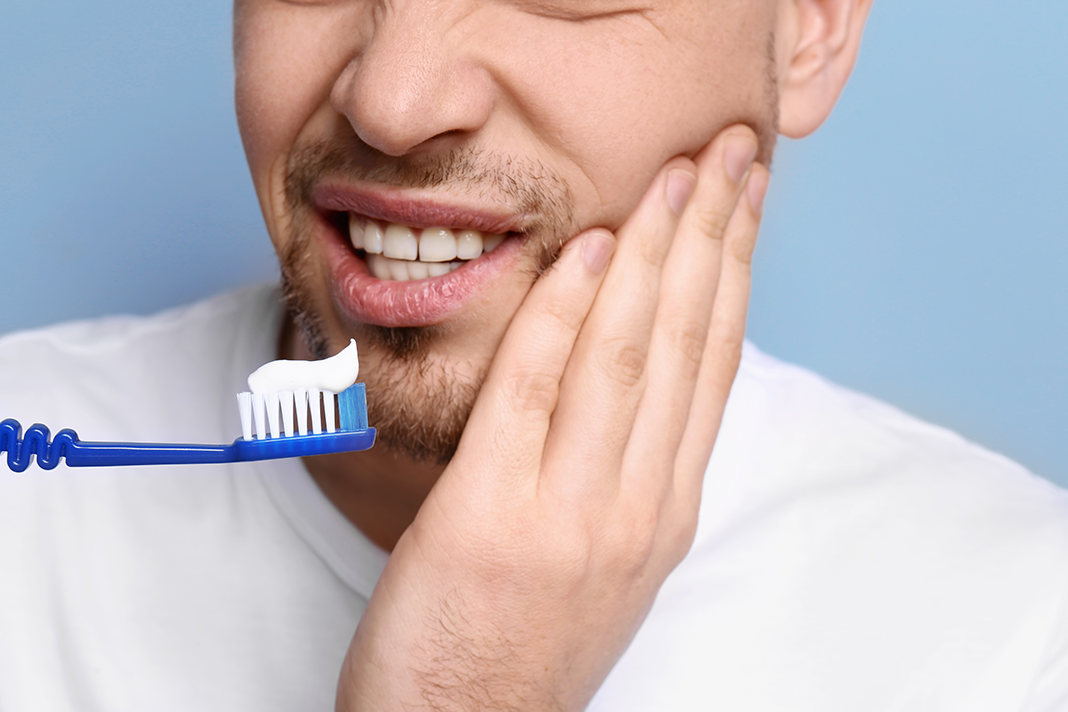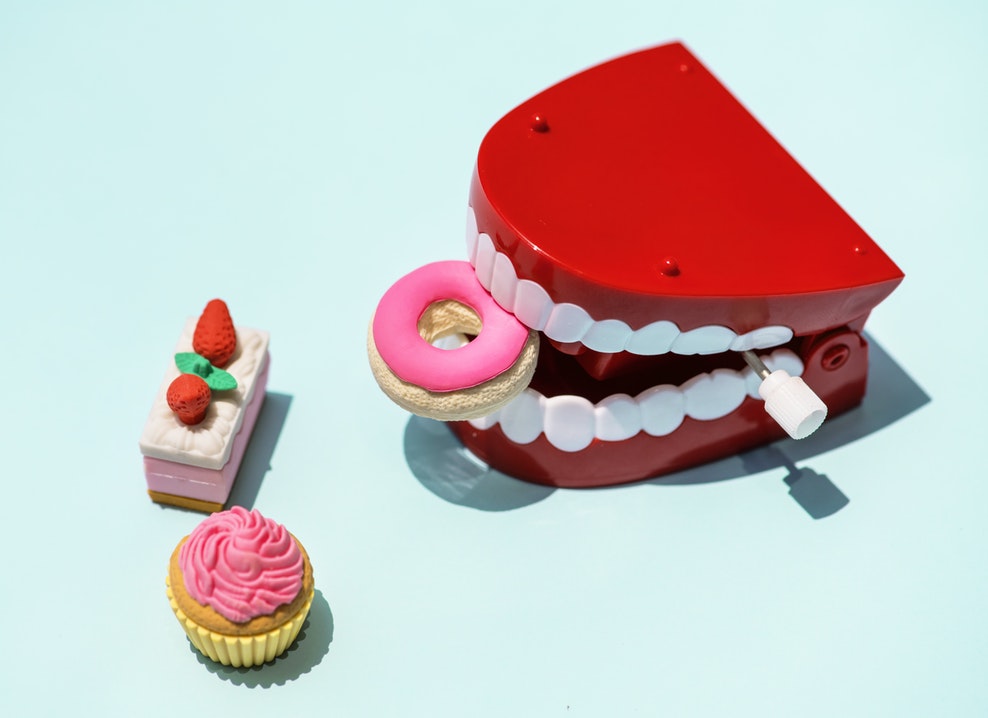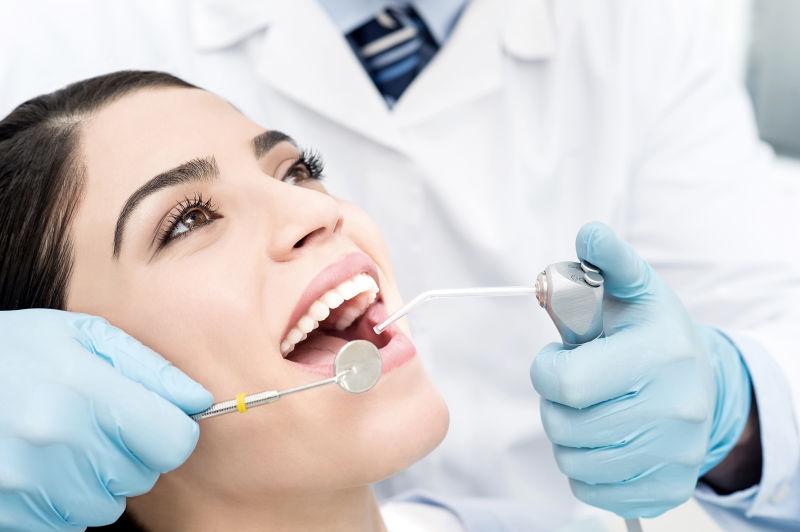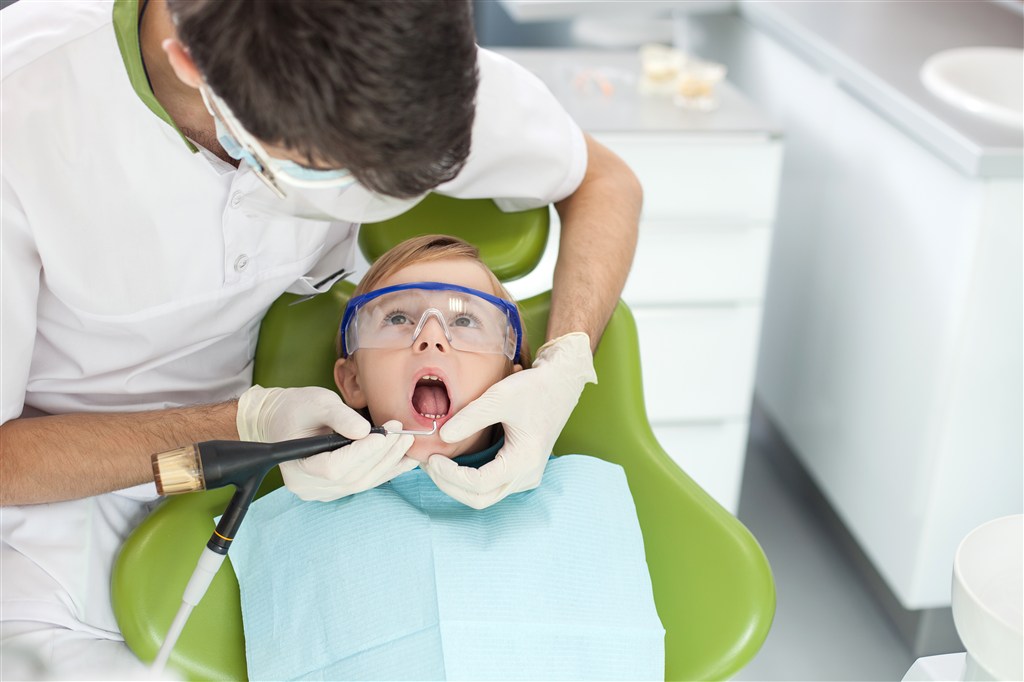Frquently Asked Questions About Dental Health
How Should I Brush My Teeth? How Often Should I Do It?
Teeth should be brushed for at least two minutes with fluoride toothpaste, at least twice a day. Brush teeth with a soft-bristled brush. It should be large enough to fit your mouth. The brush should be placed at a 45-degree angle to your gums. When it comes to brushing, move the brush back and forth gently in short strokes. Brush the outer surfaces of teeth, then the inner surfaces, and then the chewing services. Clean the inner surface of front teeth by tilting your brush vertically and moving the brush up and down. Finally, brush the tongue to get rid of bacteria and keep breath fresh.
Do I Have to Floss Every Day?
The American Dental Association does recommend flossing between teeth at least once a day. Flossing is important as it eliminates plaque that you can't reach with a brush. This plaque eventually becomes tartar or calculus if left alone. Cleaning bacteria from between teeth also helps to prevent problems such as cavities and gum disease. Floss using dental floss or another product for cleaning between teeth such as pre-threaded flossers, dental picks, water flossers, tiny brushes for cleaning between teeth, and plaque removers.
How Often Should I Visit a Dentist?
How often you should visit a dentist can vary between people. Some can get away with two visits a year, while others need to go more often. As a unique individual, you will have your own teeth and smile, and they have their own needs to stay healthy. The best person to ask about this would be your dentist. They can recommend a schedule based on your teeth.
- Search online for dentists around you
- Ask your friends, family, and co-workers for their recommendations
- Ask a pharmacist or family physician
- If you are planning on moving, your current dentist might be able to recommend a new dentist for you
What to Look For in a Dentist?
You should consider checking several dentists before choosing one. As such a personalised service, proper dental care requires you to have a good relationship with your dentist. You should be able to tell if a dentist is a good fit for you or not by the end of your initial visit.
What to Expect During a Dental Check-Up?
Your dentist/dental hygienist will ask about current and recent medical history, examine your mouth, and determine if you need x-rays or not. The hygienist may also use special instruments to assess your gums for gum disease, depending on your current treatment plan. They should also use gauze to check for oral cancer by testing your tongue and whole mouth. They will then check your neck and jaw.
Is it Safe to Visit a Dentist When Pregnant?
There is no danger to visiting a dentist while pregnant. Be sure to tell your dentist about your pregnancy though, and alert them to changes in your dental health. There are some cases where existing dental problems are worsened because of pregnancy. Brushing and flossing have an impact on overall health as well. When you have a healthy mouth, your baby is likely to have a healthy mouth too. It's important that you continue visiting a dentist while pregnant for regular examinations and cleanings. Great daily dental care is vital during pregnancy. Be sure to brush your teeth twice a day as usual, using fluoride toothpaste and flossing once a day. A healthy balanced diet and reducing snacking between meals also contributes to oral health.
What Happens if I Knock a Tooth Out?
If an adult or permanent tooth is knocked out, it should be kept moist. Try placing it back in the socket if possible, without touching the root. If this isn't possible, then put it between your gums and cheek or keep it in milk and head to the dentist office as soon as possible.
How to Treat a Toothache?
If you get a toothache, then you should rinse out your mouth with warm water. This cleans it out. Then remove food caught between teeth using dental floss. Don't put aspirin on the tooth or gums because it can burn gum tissue. Contact your dentist if the pain doesn't go away.
Fluoride is useful because it helps to prevent cavities for adults and children. It does this by making teeth more resistant to acid, which causes cavities. Fluoride toothpaste should be combined with other fluoride products and water treated with fluoride to strengthen tooth enamel and get as much cavity protection as possible.
Fluoride – known as nature's cavity fighter – is found naturally in water sourced from lakes, rivers, and the ocean. Fluoride was first added to the public water system back in 1945 and has become more prominent during the past 70 years. The latest data indicates that around three-quarters (74.6%) of the U.S population getting water from public water systems are drinking fluoridated water and reaping the benefits.
Studies have shown optimizing fluoride levels in community water supplies is both safe and highly effective at preventing tooth decay in children and adults by at least 25%. People can benefit from the cavity protection of fluoride at work, home, or school just by drinking fluoridated water.
Should Children Have Fluoride?
The American Dental Association recommends that children and adults should use fluoride toothpaste thats the Seal of Acceptance from the ADA. Children under three years old should have their teeth brushed by fluoride toothpaste, using an amount no larger than a grain of rice. Their teeth should be brushed twice a day – once in the morning and once at night – or as directed by a applied twice a day. Be sure to supervise how your child brushes their teeth and ensure they use the right amount of toothpaste. Ensure that they spit out most of their toothpaste when finished.
Dental x-rays are considered completely safe, but do keep in mind they do involve exposure to radiation, no matter how small. That means that there is a small risk of potentially harmful effects. Dental x-rays are designed to limit the amount of radiation exposure. Every potential precaution is taken to ensure that radiation exposure is As Low as Reasonable Achievable (known as the ALARA principle). Leaded aprons are used to reduce radiation exposure to the abdomen if it won't interfere with getting the x-rays. Leaded thyroid collars may be used to protect thyroids from radiation damage. These collars come recommended for children, pregnant women, and women of a childbearing age.




